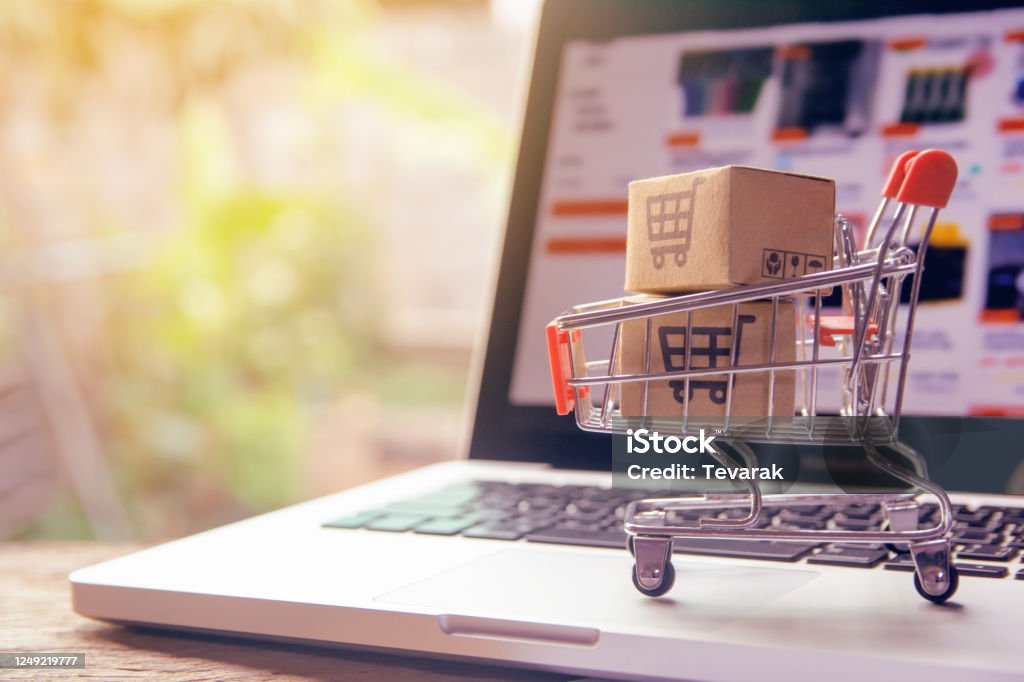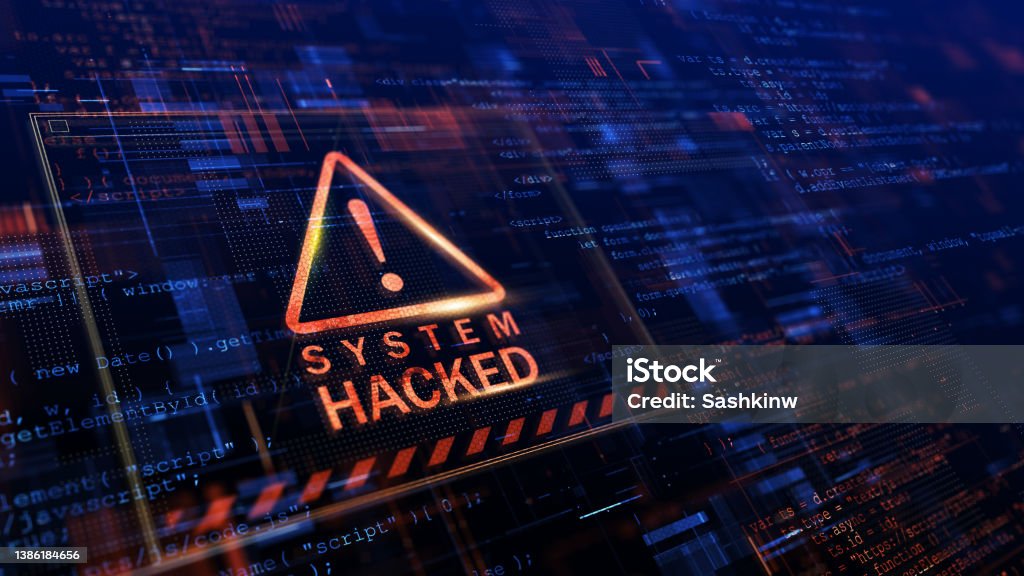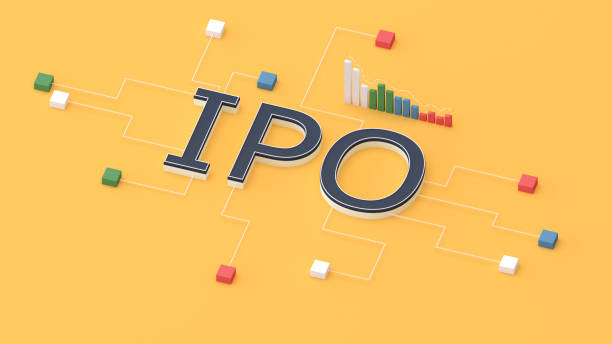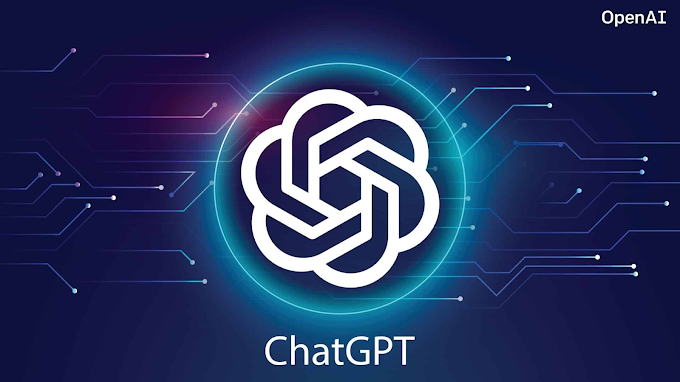The Internet, a vast network of interconnected computers and devices, has become an integral part of our modern lives. It has transformed the way we communicate, work, learn, and access information. With its ability to transcend physical boundaries and connect people from all corners of the globe, the Internet has revolutionized society and opened up new possibilities for human interaction and progress. In this essay, we will explore the profound impact of the Internet and how it has shaped our connected lives in the digital age.
In today's fast-paced world, the Internet has become an inseparable part of our daily lives. It has revolutionized the way we communicate, work, learn, and access information, bringing people together like never before. This essay delves into the multifaceted aspects of the Internet, its profound impact on society, and its ever-evolving role in shaping our connected lives.
The Internet as a Global Nexus:
The Internet serves as an expansive web of joined devices and computers, transcending geographical boundaries and uniting individuals across the globe. With just a few clicks, we can painlessly connect with friends, family, and colleagues, regardless of physical distance. The Internet has created a virtual space where people from different societies and backgrounds can interact, fostering a sense of unity and understanding.
Empowering Information Access:

One of the Internet's greatest gifts is its capability to give immediate access to a vast depository of information. Gone are the days of laborious exploration and stalking for physical coffers. At the moment, a mere search engine query can unveil a treasure trove of knowledge within seconds. From academic hobbies to practical do-it-yourself tutorials, the Internet has normalized information, empowering individuals to explore their interests, broaden their horizons, and unleash their true potential.
Social Media: The Digital Shade of Mortal Connections:
Social media platforms have surfaced as the virtual city places of the digital age, reconsidering the way we communicate and forge connections. Facebook, Twitter, Instagram, and innumerable other platforms have produced online communities where people can freely express their studies, share gestures, and exchange ideas. Also, these platforms have played a vital part in driving social activism, furnishing support networks, and amplifying the voices of marginalized communities. The Internet has humanized digital relations, enabling us to form deep, meaningful connections and ground gaps in understanding.
The E-commerce Revolution:'
The arrival of the Internet has propelled a profound metamorphosis in the world of commerce. Online commerce like Amazon and eBay have made shopping an royal and accessible experience. Businesses, both large and small, now have the capability to reach a global followership, shattering traditional walls and expanding their client base. The Internet has opened up instigative new avenues for profitable growth, while also furnishing aspiring entrepreneurs with the occasion to showcase their innovative products and services. Through e-commerce, the Internet has come a catalyst for particular and professional success.
Education in the Digital Era:
The Internet has revolutionized the education geography, steering in a new period of accessible literacy. E-learning platforms and online courses have made acquiring new chops and knowledge a flawless bid, footloose by physical constraints. Educational coffers, similar to e-books, videos, and tutorials, are readily available online, rendering education more affordable and flexible. The Internet has converted into a important tool for lifelong literacy, empowering individuals to enhance their careers, pursue particular growth, and fuel their intellectual curiosity.
Navigating Challenges:
While the Internet has bestowed numberless benefits upon society, it also presents certain challenges and businesses. Privacy and security issues brew large as particular data is participated and stored online. Cybersecurity risks, including hacking and identity theft, demand strict measures to guard our digital lives. Also, the proliferation of misinformation and the scourge of online disturbance pose serious obstacles to a healthy digital ecosystem. It's imperative that we strike a delicate balance, leveraging the advantages of the Internet while conserving individual rights and well-being.
Conclusion:
The Internet has come an undeniable force that permeates every aspect of our lives, revolutionizing the way we connect, learn, work, and thrive. As we navigate the ever-evolving digital geography, it's vital to recognize and address the challenges that accompany our dependence on the Internet. By prioritizing privacy, security, and responsible practices, we can maximize the immense potential of the Internet to connect humanity and foster a more inclusive and interconnected world.







